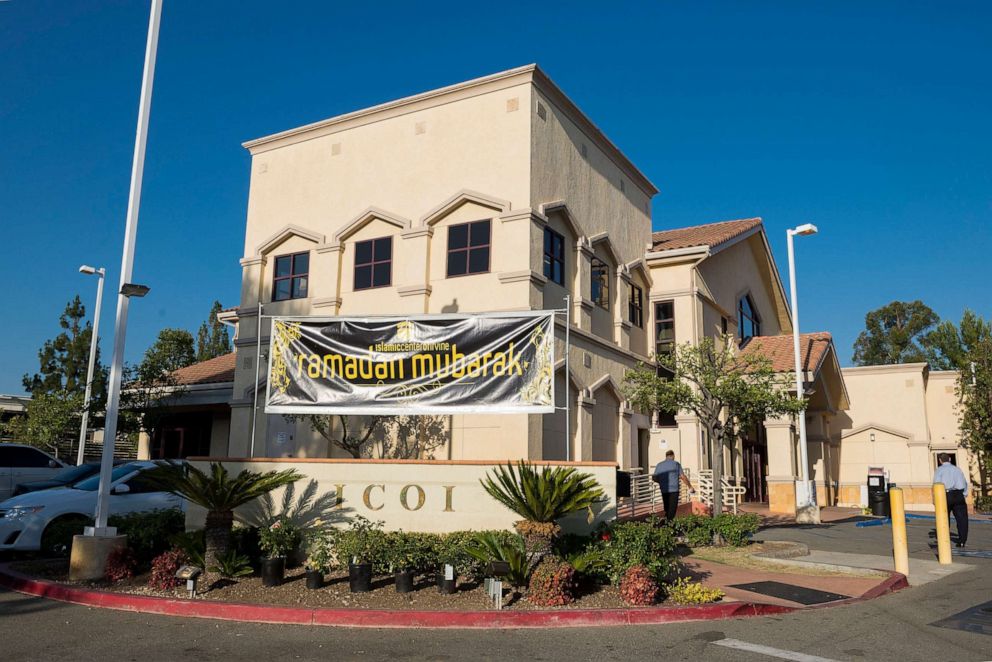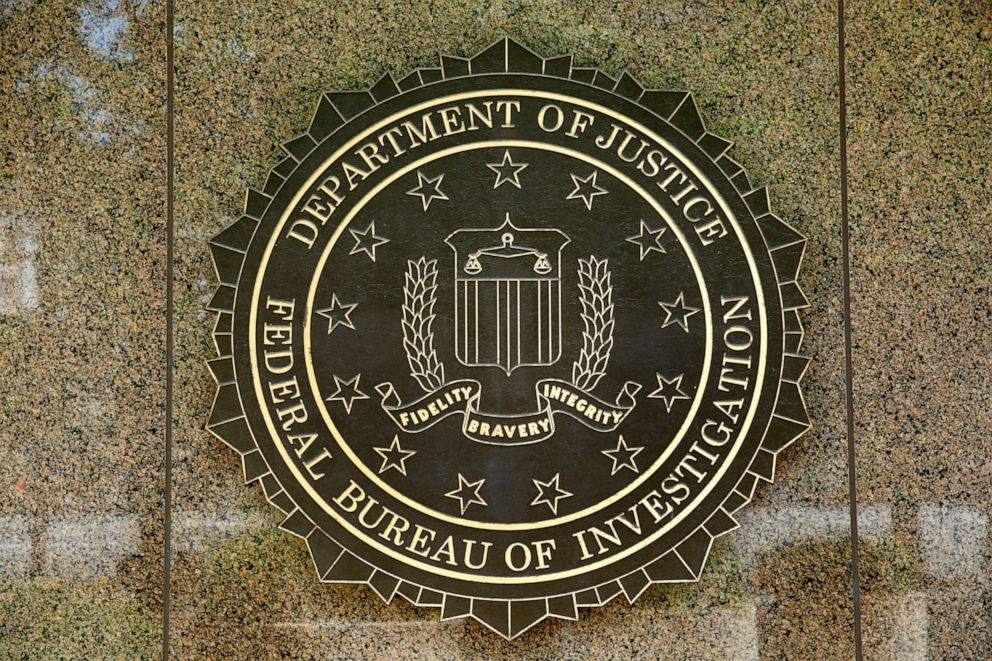After FBI spying, Muslim Americans ask Supreme Court to OK religious bias suit
Government state secrets privilege is at issue in the religious freedom case.
Three Muslim Americans subjected to FBI surveillance inside their places of worship will ask the U.S. Supreme Court on Monday to allow a religious discrimination lawsuit against the agency to move forward despite government concern about national security.
Yassir Fazaga, a former imam at the Orange County Islamic Foundation, and Ali Uddin Malik and Yasser AbdelRahim, both members of the Islamic Center of Irvine, allege the government and its agents illegally targeted members of the faith communities solely because of their religion.
The FBI has acknowledged running a surveillance program at several Southern California mosques between 2006 and 2007 in a hunt for potential terrorists, but the Bureau has not publicly revealed the basis for its covert operation or directly addressed claims of religious bias.

"Can you be spied on because of where you worship?" said Hussam Ayhoush, executive director of the Los Angeles chapter of the Council on American-Islamic Relations, which is backing the plaintiffs. Muslims "deserve to feel comfortable practicing their faith with friends in the safety of mosques."
The men say that the presence of an undercover government informant, who was asking about jihad and recording conversations, breached a sacred trust all Americans deserve when exercising religious freedom.
"I'm very angry. Privacy is very important," said Fazaga. "To know the government is doing this makes me not just angry, but humiliated."
None of the plaintiffs or the places of worship have been implicated in any known criminal activity or federal charges.
"We are hoping to shed light on the agency that continues to treat Muslims as second-class citizens ... unlawfully targeting Americans on the basis of their religion," Ayhoush said.
When the men sued the FBI in 2011, the agency invoked state secrets privilege to block the lawsuit from proceeding, insisting a trial would require the disclosure of sensitive evidence that could threaten national security.

The privilege shields information whenever the government believes "there is a reasonable danger that compulsion of the evidence will expose military [or other] matters which, in the interest of national security, should not be divulged," it says in court documents.
A federal district court sided with the FBI, but a panel of judges reversed that decision on appeal in favor of the Muslim men.
The appeals court said that the Foreign Intelligence Surveillance Act of 1978 allows a judge to evaluate secret evidence and determine whether the government can keep some or all of it secret.
The FBI rejects that view.
"The Executive Branch has the critical responsibility to protect the national security of the United States," the Biden administration wrote in Supreme Court documents, defending the FBI. "The state-secrets privilege helps enable the Executive to meet that constitutional duty."
Ahilan Arulanantham, a UCLA Law School professor who is arguing the plaintiffs' case before the Supreme Court, said he hopes the justices will set limits on the government's ability to keep secrets.
"The question is very simple: Will these people ever get a day in court, or can the government slam the door shut whenever they say they're acting in the interest of national security?" Arulanantham said.
Ali Malik, who helped mentor the FBI informant in matters of Islamic faith -- not knowing his true identity -- said he was outraged after later learning about the government operation.
"When I found out my government spied on me because of my faith, I felt betrayed ... by the very institution meant to defend the Constitution of the U.S.," Malik said. "I'm suing the FBI to protect them and their children. The government must be held accountable for violating our religious freedom."
The Supreme Court is expected to hand down a decision in the case by the end of June 2022.




